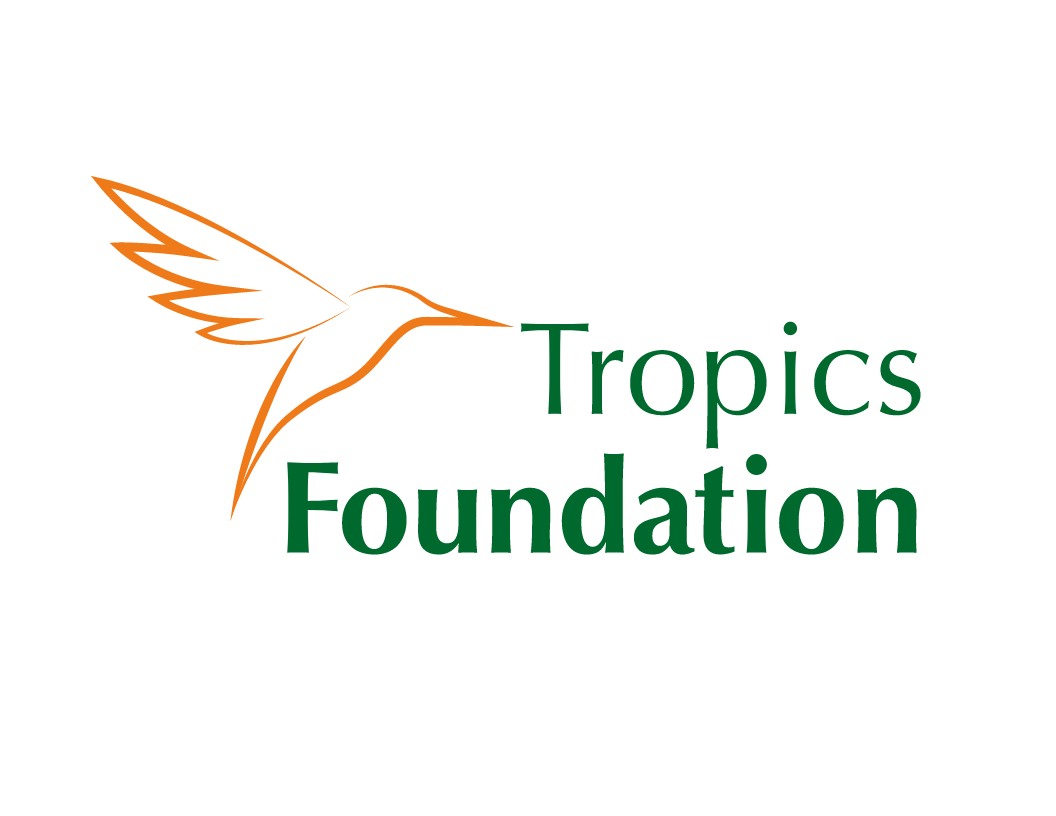CATIE and the Costa Rican Speciality Coffee Association launch a joint fundraising campaign to ensure the future of coffee!
Written by Dannia Gamboa; edited by Katie Modic
One of the 12 unique NFTs donors can purchase through this campaign (Photo Credit: CATIE)
Turrialba, Costa Rica - As part of the global effort to safeguard coffee, the Tropical Agricultural Research and Higher Education Center (CATIE) and the Specialty Coffee Association of Cost Rica (SCACR) have partnered with the company BIOCENFT to launch Non-Fungible Tokens (NFTs) inspired by 12 of CATIE’s coffee varieties. The campaign went live on Tuesday, August 29th with a primary goal of generating economic resources for both CATIE and SCACR.
The funds raised will contribute to the research, conservation, and promotion of CATIE's International Coffee Collection, considered the fourth largest in the world. The resources will also support the operations and financing of CATIE's Genetic Improvement Department and SCACR.
"I want to express my gratitude for the opportunity to contribute to CATIE's International Coffee Collection and the Specialty Coffee Association of Cost Rica. BIOCENFT was created to facilitate fundraising for organizations or projects related to biodiversity protection and conservation. For this reason, I reiterate my thanks," emphasized Walter Aguilar, CEO of BIOCENFT.
Noelia Villalobos, Executive Director of SCACR, William Solano, researcher in plant genetic resources and curator of CATIE's International Coffee Collection, and Walter Aguilar, CEO of BIOCENFT, pose at the launch event held at CATIE on August 30th.
What are NFTs?
To understand the concept of NFTs, one first has to understand the meaning of fungible and non-fungible goods. Fungible goods can be exchanged based on their quantity, measurement, or weight, like money. Non-fungible goods, on the other hand, are unique, indivisible, transferable assets with traceability over time, such as artworks.
NFTs, as defined by their acronym, are Non-Fungible Tokens—encrypted digital assets that use blockchain technology to store and certify their originality and ownership.
What Will Contributions to the Campaign Fund?
According to the Global Strategy for Conservation of Coffee Genetic Resources, CATIE’s International Coffee Collection is one of the four collections world wide (alongside African Origin collections) preserving the world's widest base of coffee’s genetic diversity. For 73 years, CATIE has safeguarded the most diverse collection of Coffea arabica available to any user, making it the largest in Latin America.
Thanks to the diversity preserved at CATIE, the Center has worked on genetic improvement to develop hybrids since the 1990s. These hybrids expand coffee's genetic base, offering resilience against diseases like Coffee Leaf Rust, plants with higher productivity potential, plants resilient to climate change, and plants with better cup quality. Offering this diversity of high quality plant material to farmers strengthens the livelihoods of many families in the Latin American region.
Contributions to this campaign ensure that the CATIE collection is safeguarded far into the future. Money raised will be used to continue creating new, more productive varieties as well as relocate the current collection to an alternative location on the farm with better drainage that is more suitable for Coffee Arabica. This process includes preparing the new site, grafting plants, relocating the new plants, and ensuring enough human and financial resources to maintain two collections until the new collection is 100% established.
This takes roughly 48 months and has a total price tag of around $540k.
"It's necessary to continue creating new, more productive, higher quality, and climate-resilient coffee varieties. The genetic diversity in CATIE's International Coffee Collection can be used to create these varieties, ensuring the coffee industry's sustainability for future generations," highlighted William Solano, researcher in plant genetic resources and curator of CATIE's International Coffee Collection.
In the case of SCACR, they are working on increasing the international positioning of Costa Rican coffee . Since 1993, SCACR's objective has been to promote Costa Rican coffees with special characteristics and identify niche markets interested in purchasing and consuming them. In recent years, due to climate change, diseases, and other factors, the association has also focused on research, maintenance, and improvement of coffee varieties.
"For us, this is an opportunity for coffee and NFT enthusiasts to contribute. The association will continue disseminating knowledge and promoting coffee culture nationally and internationally," commented Noelia Villalobos, Executive Director of SCA.CR.
How to be part of the future of coffee
The 12 available NFTs are inspired by the Geisha, Wush-Wush, Mibirizi, Java, Rume Sudan, ET-47, SL-28, SL-34, Centroamericano, Milenio, Esperanza, and Casiopea varieties. They are available in Gold, Silver, and Standard editions, with investments ranging from $20 to $12,000.
The sale and purchase of NFTs for this campaign were launched at an event at CATIE on August 30th and are currently available on the Biocenft website: https://biocenft.com/. To see more footage from the official launch, you're invited to join the Facebook Live event.
A small sample of the NFTs available for purchase







